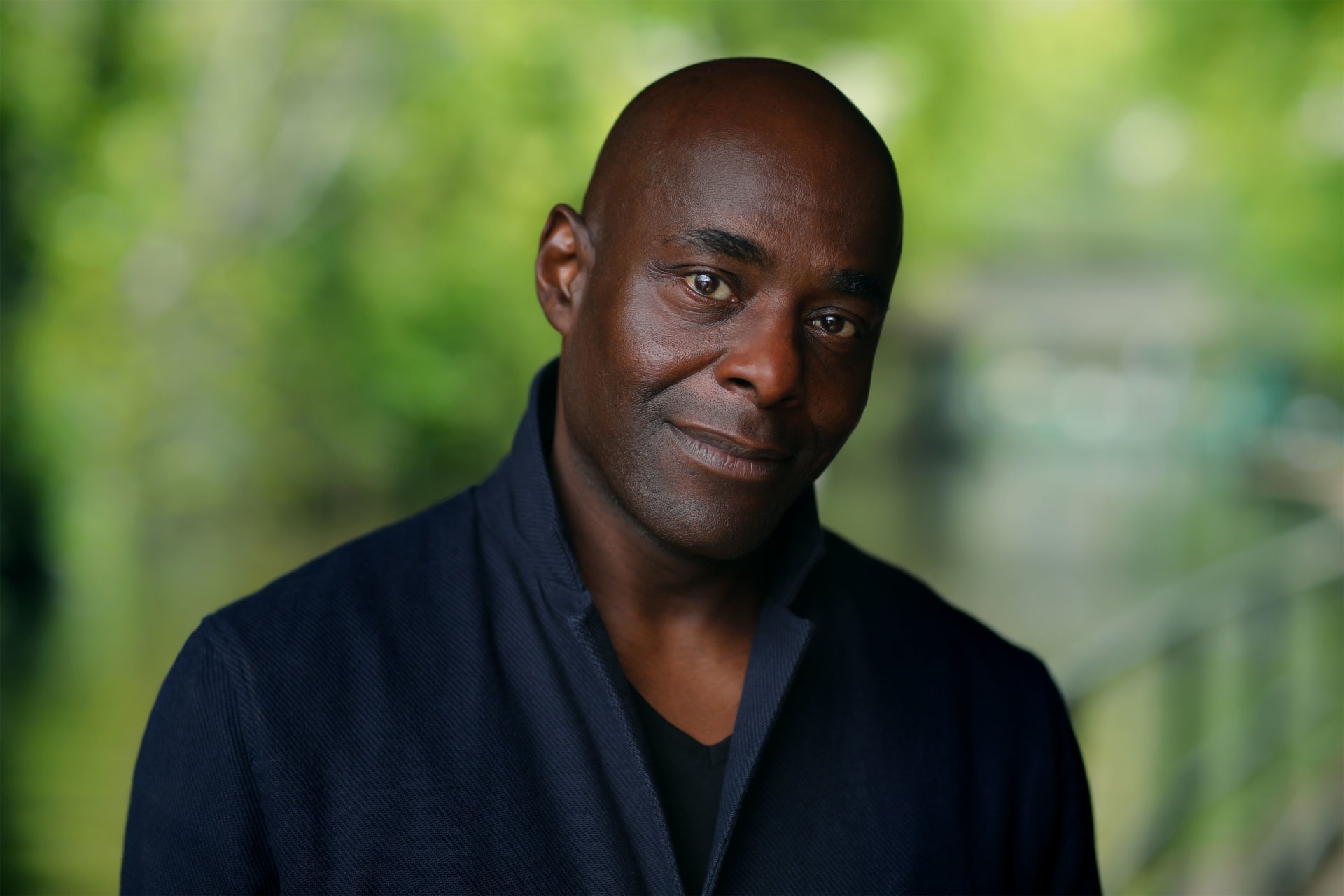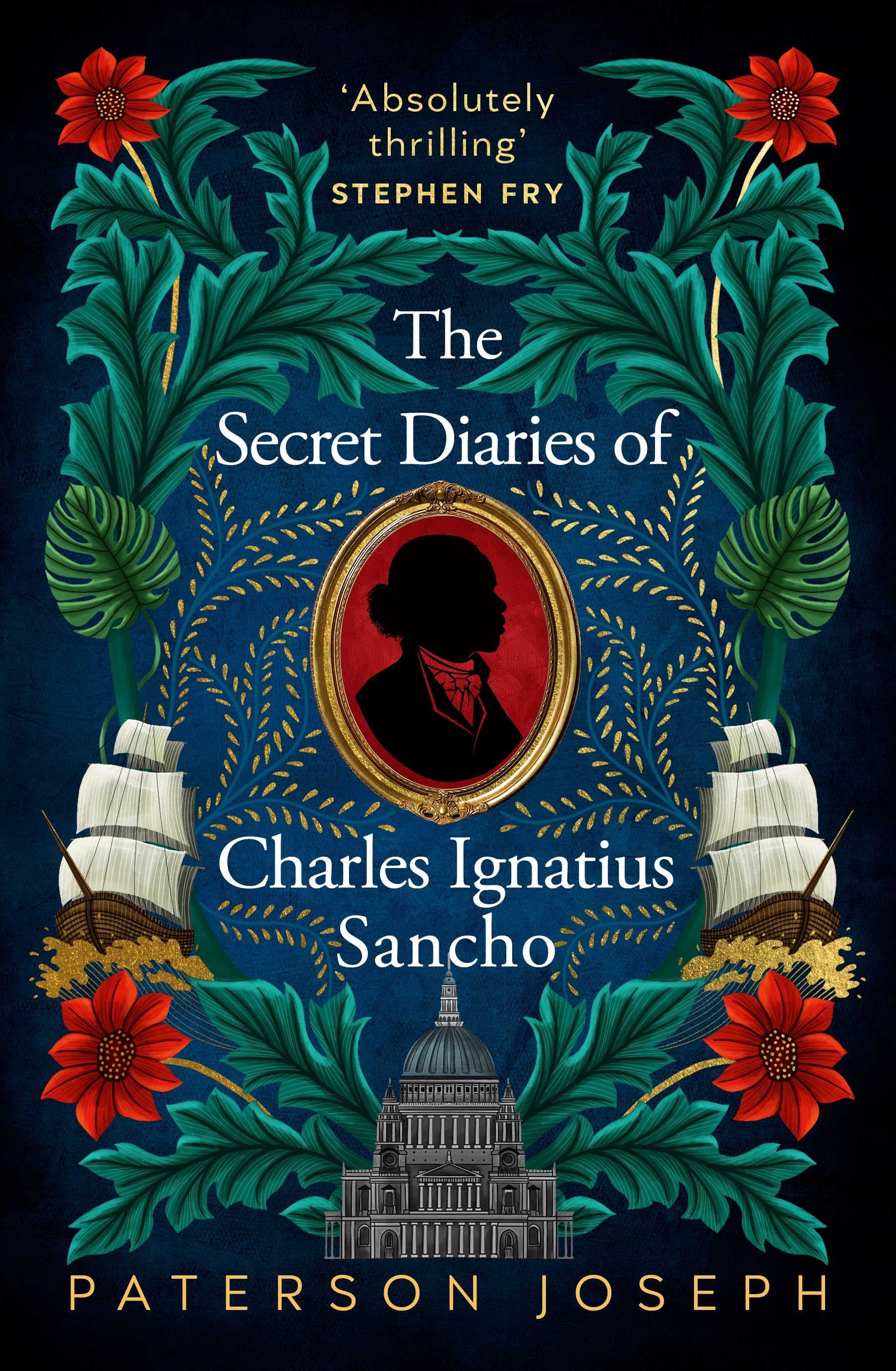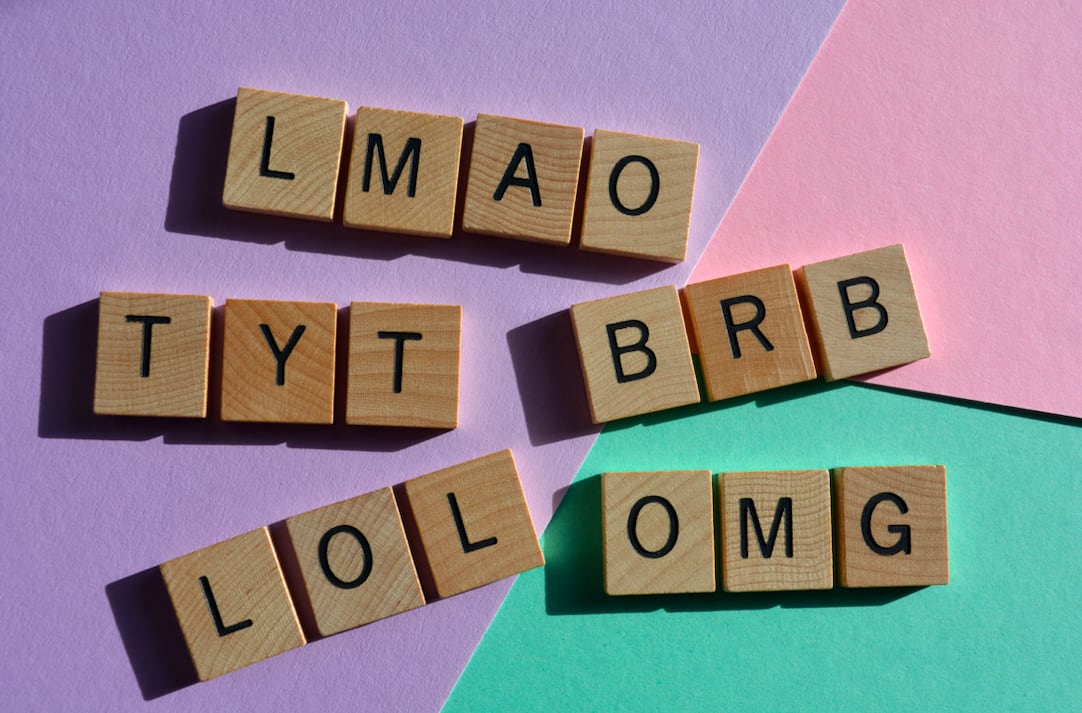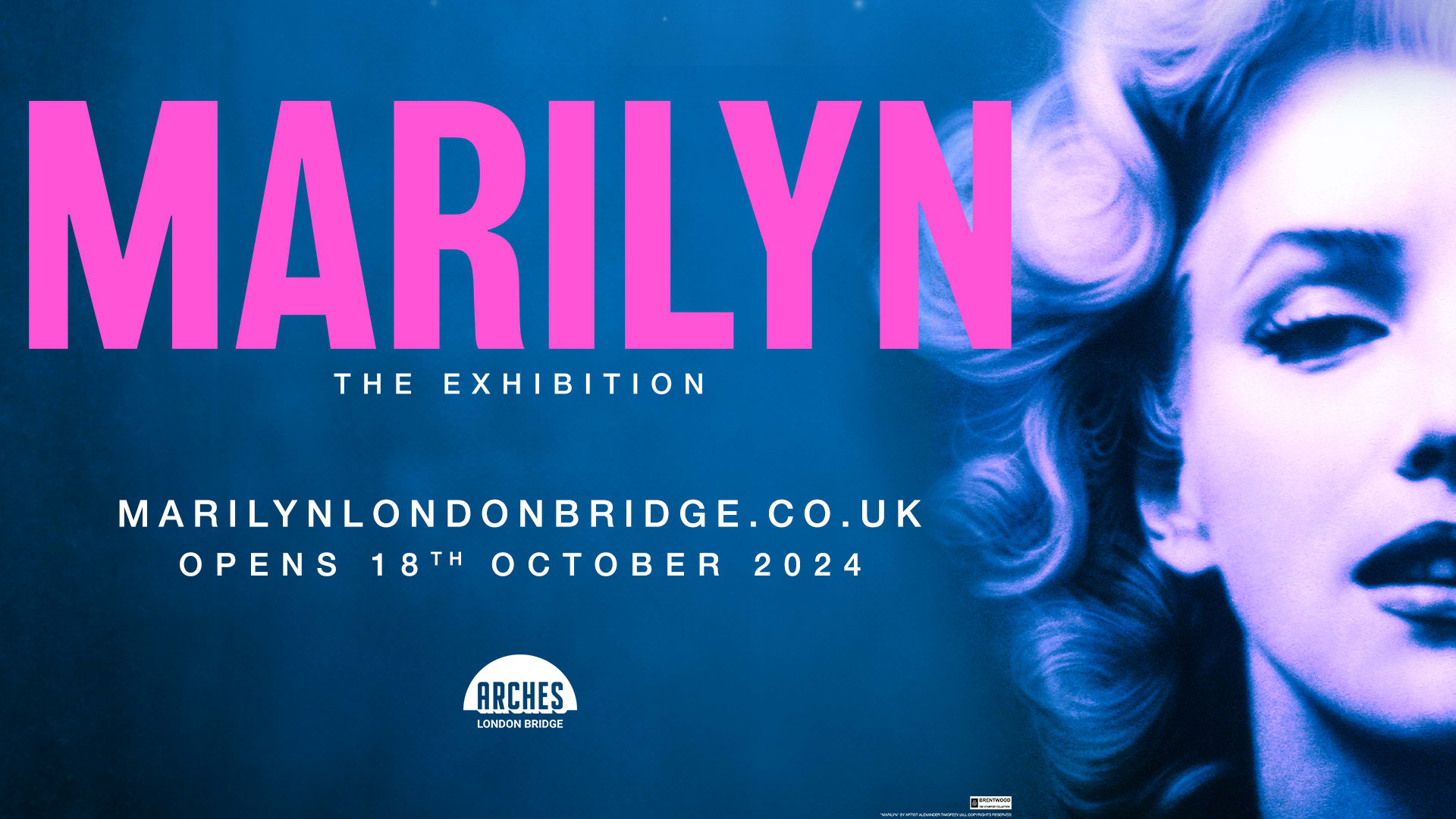One of many famous faces making an appearance this month at the Henley Literary Festival is actor and writer Paterson Joseph, who has taken his first foray into the literary world. His debut novel, The Secret Diaries of Charles Ignatius Sancho, follows the life of the first black man to vote in the UK. We talk to Paterson about the novel, black history, and of course, his role as the outrageous Alan Johnson in Peep Show.
How were you first introduced to the life of Charles Ignatius and what motivated you to share his story?
The research was for the play that I wrote originally called Sancho. I started researching these plays because I wanted to do costume dramas, and nobody was hiring me. I was like, ‘look, you keep saying there’s no stories of black people before 1948, well there are, and I can prove it’. So that’s how it started – really quite shallow in some ways – and then I just got deeper and deeper into it and got more and more fascinated by all these hidden stories. Sancho’s story popped up quite early on in the process (about 1999-2000). He's really such a fascinating creature and so unusual for the period in the way he wrote and expressed himself. His paintings and the portrait by Gainsborough really inspired me. He has many aspects and I suppose angles to his life, and then to find out he was the first black man to vote – well it was a no brainer to get into it. So that’s what I’ve been doing for the past 20 years.
Was there a reason why you felt this story was more appropriate as a novel as opposed to television or film for example?
Well, I tried, and Objective – who made Peep Show – asked me to write a treatment based on the play but it was so long. I wrote around 17 pages whereas the average treatment is about three to five. So, there was a lot to be cut but so little that I wanted to. What I had to say couldn't be said in so few words, so I thought, let’s write a novel.
Why did you feel that an epistolary novel was the best way to communicate his story?
The diary form actually helps to get inside his head a bit more. There’s something very pure about [writing a diary], and it helped me in that I didn’t have to have a ‘God voice’ (somebody overseeing everything that is happening); it could be just from his angle, and it felt right that he be the one to lead us through because he's such a broad character and goes into so many different layers and levels of society. It could have been a first-person narrative, but his love of writing is so vital and important to his growth and what happened to him. I thought it should be his writing rather than him just telling his story. The thing about Sancho is he's a very public figure in every way, and every manifestation of him is public. There’s a portrait by Gainsborough which is just beautiful, and then you've got his letters which are invariably read publicly. He's also writing for newspapers – everything's public. I wanted to try something different and bring the voice inside, so you can get what he thinks and feels about things rather than just statements and facts.
What have you learnt from Charles Ignatius Sancho?
Never give up. There are so many obstacles in life – for everybody, regardless of where you’re from. Obviously some people have less than others, but we all have them. It’s important to keep going and I guess that’s what I’ve learnt from Charles Ignatius who had horrible circumstances and was unlucky in terms of when and where he was born but still made a go of it and had a family and lived. Never give up, no matter your circumstance.
You’ve spoken before about the fact that unless you had gone to seek out this story you might not have known much about him. Do you think that’s because of the lack of black history in education?
Well, I went through the school system without knowing anything about black British history as did most people in my generation. Many don’t really have an understanding of the African British schooling before 1948 either, except what they might know from their parents. When you’ve grown up in a lot of ignorance about Britain and black people and their connection, and
you later discover these stories, it’s almost if they have been hidden on purpose. I think the main reason is lack of interest from historians – if a historian is a white middle-class man, they’re going to write stories that concern their class, their people, and their demographic. Everybody else; women, people who are non-white or non-British, they don’t get a look in. You look in the archives and it’s as if there were no black people or hardly any women around and we know that’s not true, especially in the 18th century, the highest period of slavery. It’s important that we know our full story – that’s been my take from this. It’s like a family not knowing about the stories of their siblings. My aim isn't political in that sense, it’s really just about the importance of telling the story and filling in those gaps. There are Indians stories that I don’t know anything about too, I’m learning about them, but I wasn't taught about them at school.
What makes Black History Month important to you?
There’s always controversy about why we celebrate black history month only once a year and why it’s a special thing just for black people, that there should be months for everyone. I think historically speaking, there has been so much neglect of the black story that this is compensation. To make a special month obviously feels patronising and I’m sure irritating to some, but better that than what’s been happening for most of my life really which is just complete ignorance of the black story and the black contribution to the British story. I don’t know really why we have it in October and the Americans have it in February, but it seems to be for good reasons, slightly problematic but still reasons. I think it’s important for people to remember that black history is often ignored. Yes, it would be better it if just wasn't ignored so we wouldn't need one separate month to go ‘hey everybody, by the way this is what happened to black people, and this is why this nation is so powerful and strong because this is what it did colonially’. That’s all that people are really asking for, to tell the truth about what this country is and what made it. It’s better to talk about the truth than to bury it; we’ve learnt that from things like personal therapy, and it’s true in many ways.
We're huge fans of Peep Show in the office, do you have a favourite Johnson quote?
I mean, loads but none of them that you could print in this magazine; everything I’m thinking of is so rude – I’m getting embarrassed.
We’d certainly have to put a lot of asterisks in there. Do you like Johnson as a character?
I love him and I hate him. I love him because people love him so much and I get such good responses, but I hate him because he's just such a horrible, horrible person. There’s nothing redeemable about him. I could never be ashamed of him, because he's such a strange fellow and yet he's so popular. People – mainly guys – come up to me and will be like, “I love Johnson” and I’m like, who have I influenced? I hope they love him but know at the same time that they shouldn't behave like him. Maybe that’s why people like him, because he does and says things that we might think but can’t say.
What are you reading at the moment?
I’m reading a number of things but let me pick one. Lizzie and Belle by JT Williams. It’s aimed at 9–12-year-olds and is based on the life of Lizzie Sancho and Dido Belle as teenage girls. They go on these investigative adventures, and I’m inspired by it because it was inspired by my play. Joana Brown had watched the play and then was inspired to write a story which was this, and it’s going to be a series which is just brilliant. It’s got what I tried to get in the novel, which is a story first of all, but you do also get a lot of information about the black British 18th century story, it’s really well done.










